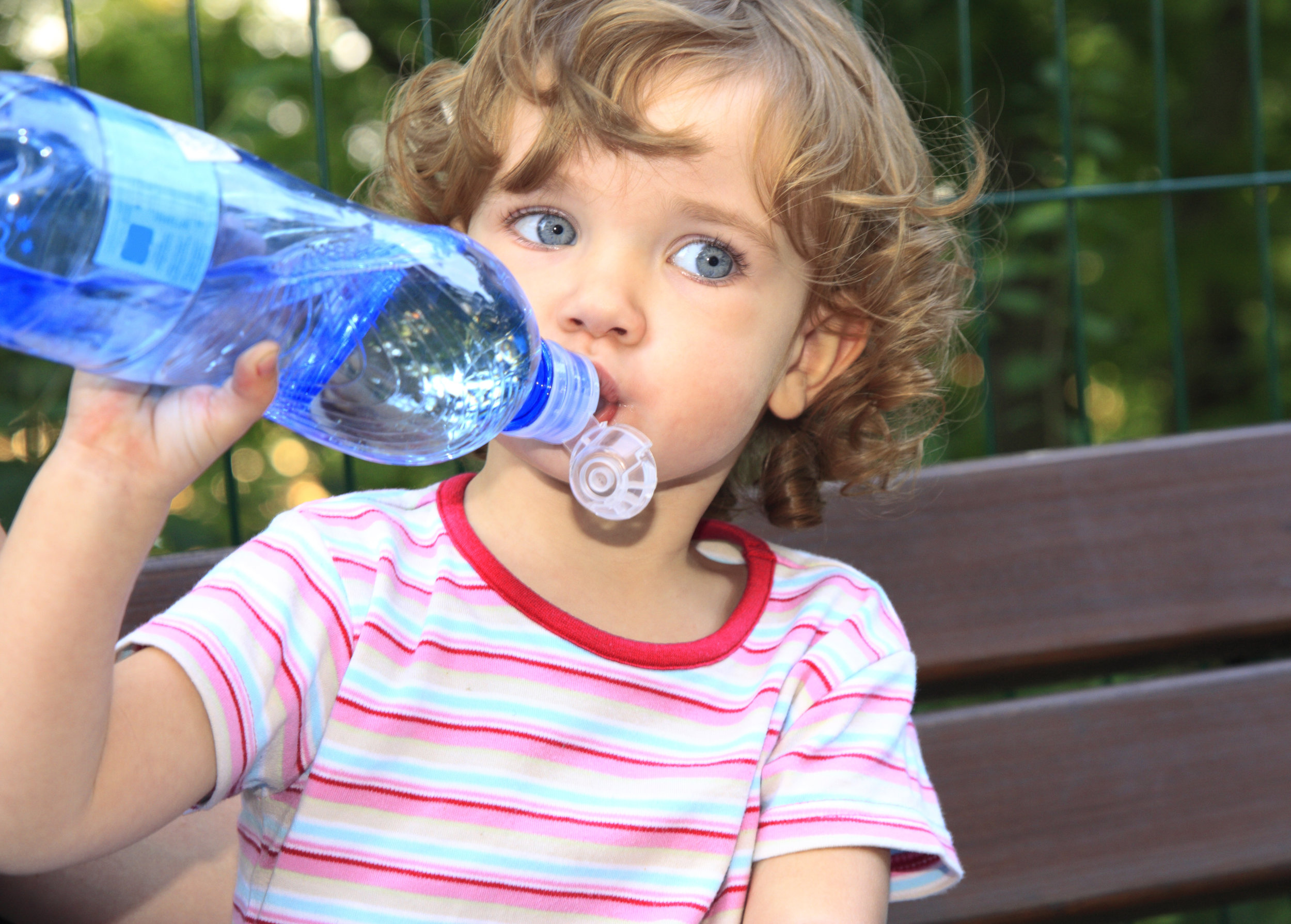Blame it on our environment. Though we are living longer, the rate of obesity, diabetes, heart disease and cancer are increasing. And it’s hard to blame it all on genetics.
We are surrounded by thousands of environmental toxins. The most common are:
- Pesticides in conventionally farmed produce
- BPA and its substitutes (BPF, BPS) in hard plastic
- Phthalates in soft plastic like water bottles
- Parabens and benzophenone in sunscreen and personal care products
- Fire retardants in electronics and furniture
- Mercury and PCBs in larger predator fishes (like tuna)
- Radon in the air
There are many factors that affect our fertility, but did you know that those environmental toxins can wreak havoc on your reproductive system as well? What can we do to decrease exposure?
Increasing our awareness is the first step! We need to be mindful of what we eat, drink, apply to our bodies and bring into our house. And while our focus is on fertility and increasing the odds of conception, the habits you develop in preparation to having a baby are habits we should be adopting for a lifetime.
Here are our top ten recommendations:
- Don’t smoke or be around smokers. Especially if you are on the pill.
- Use non-toxic cleaning and personal care. And don’t spray bugs. Use baits and traps instead of chemical pesticides.
- Mop frequently. Mopping gets rid of dust that carries toxic substances like lead, pesticides and flame retardants from furniture and other household items.
- Take off your shoes or wipe them well on a doormat to avoid bringing toxic chemicals in to your home.
- Don’t dry-clean your clothes unless you have no other alternative.
- Be careful with plastics! Avoid soft plastics made with PVC (like shower curtains and toys) and hard plastics made with BPA or its substitutes. Do not use plastics for hot foods and drinks. Use stainless steel or glass whenever possible.
- Use VOC free and non-toxic building materials and paints.
- Reduce your mercury exposure by eliminating contaminated fish from your diet and mercury thermometers from your house.
- Minimize pesticides and other toxic substances in food and water by choosing organic whenever possible and avoiding fatty and canned foods that can contain toxins.
- Test your home for radon.
Although exposure to toxins isn’t wholly avoidable, you can educate yourself on the biggest offenders and take steps to lessen your exposure.
And every step you take can increase your chance of conceiving, having a healthy baby and improving your health and longevity.
This is a guest blog by Dr. Sinem Karipcin, board certified fertility specialist and expert on environmental toxins and infertility. Dr. Karipcin practices in Coral Gables (Miami) at Conceptions Florida.

